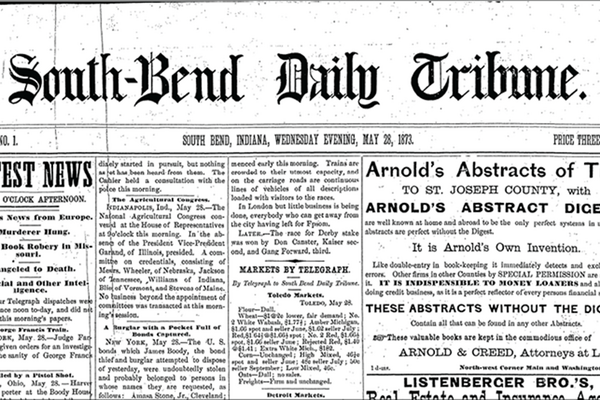“Great powers are very cautious when they're in periods of decline and rising powers are very cautious about declining powers in those periods,” said Joseph M. Parent, associate professor of political science and associate director of the Notre Dame International Security Center.
Parent’s research interests include international relations theory, security studies, grand strategy, and foreign policy. His most recent work focuses how states respond to shifts in power. Along with co-author Paul McDonald, Parent analyzed the conventional wisdom that great powers become more aggressive when they are falling, but was intrigued when the data did not bear out that conclusion.
“In fact, decline is one of the biggest causes of peace,” he said. “It turns out that states were very aware of their declining power and they knew that if they started something, it would end badly for them.”
Parent believes one of the most valuable applications of the project’s findings is the baseline expectations for how a state might behave in a particular circumstance.
“We think that the United States is in a moment of decline relative to China, but we don't think that is destiny,” he said. “Retrenching for a while allows the United States to bend its growth trajectory up and avoid costly fights on the periphery over non-vital things.”
You can also watch this video on YouTube.


